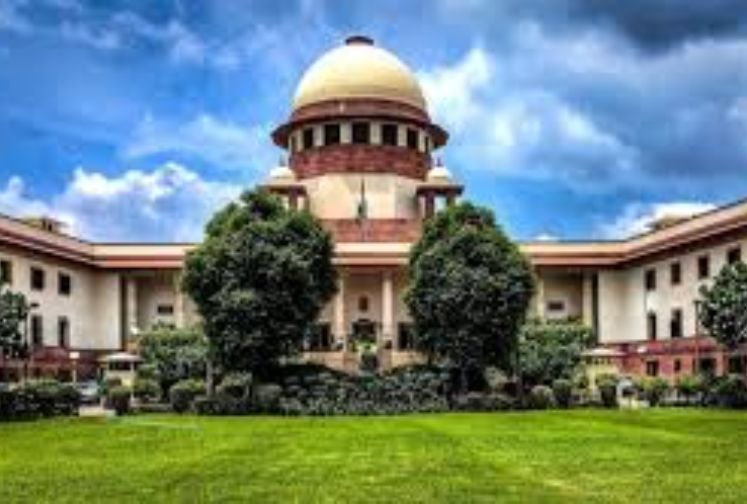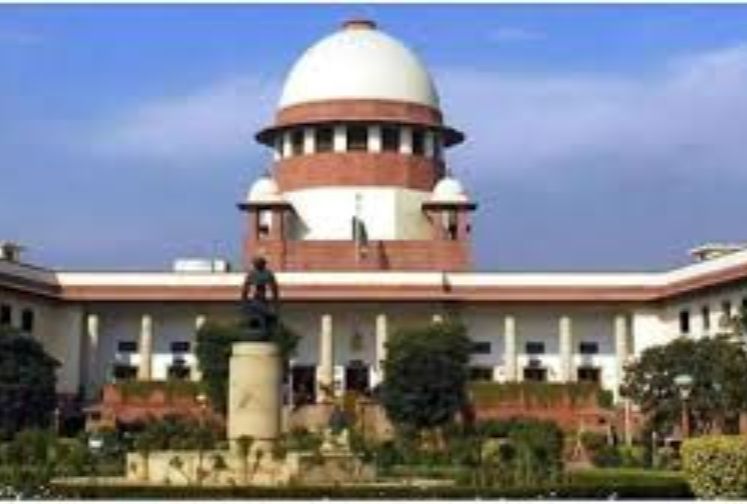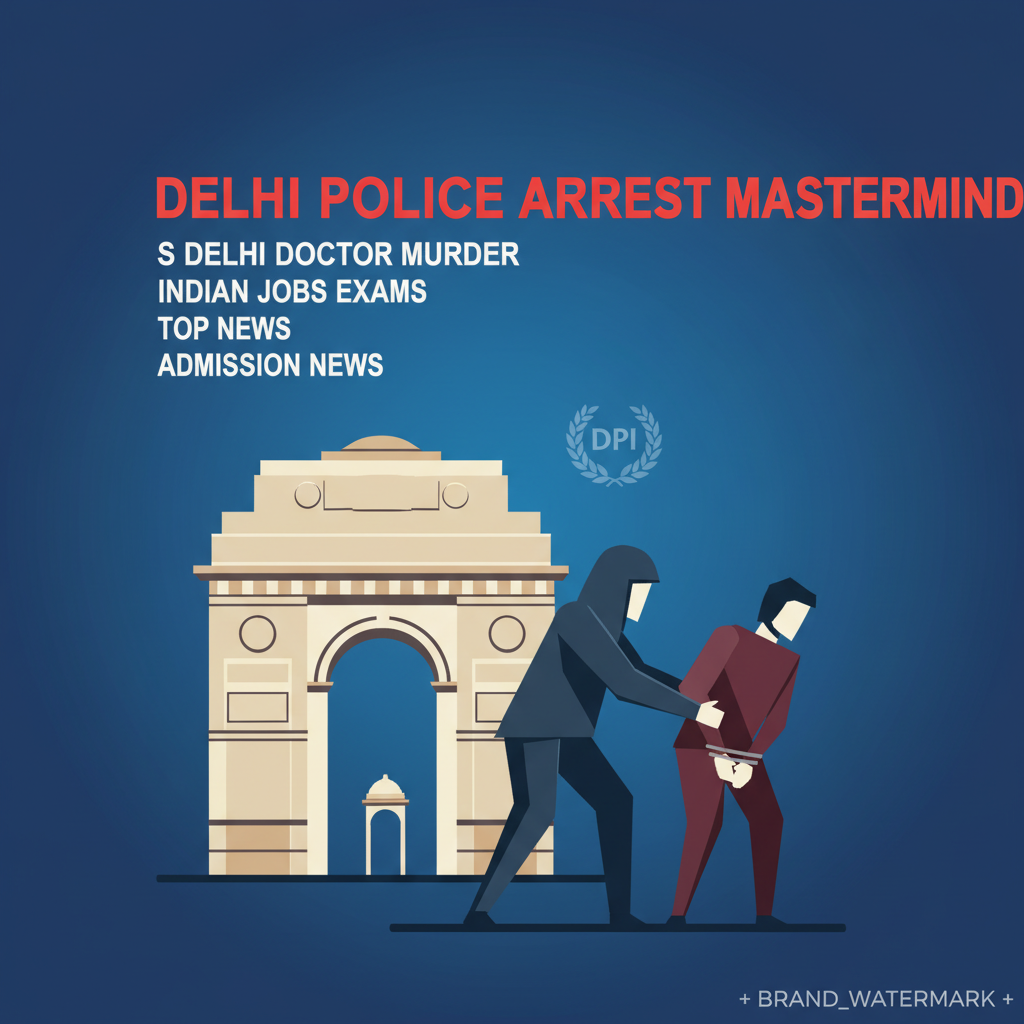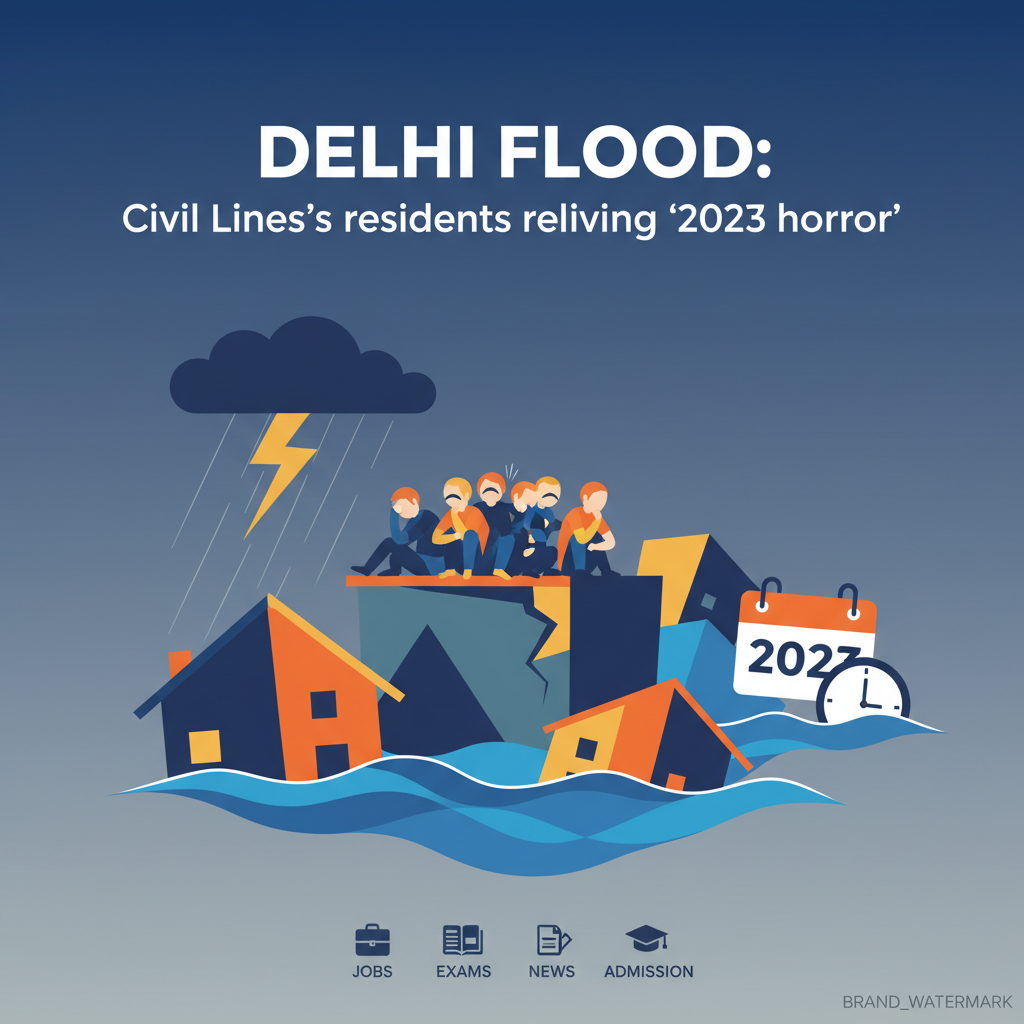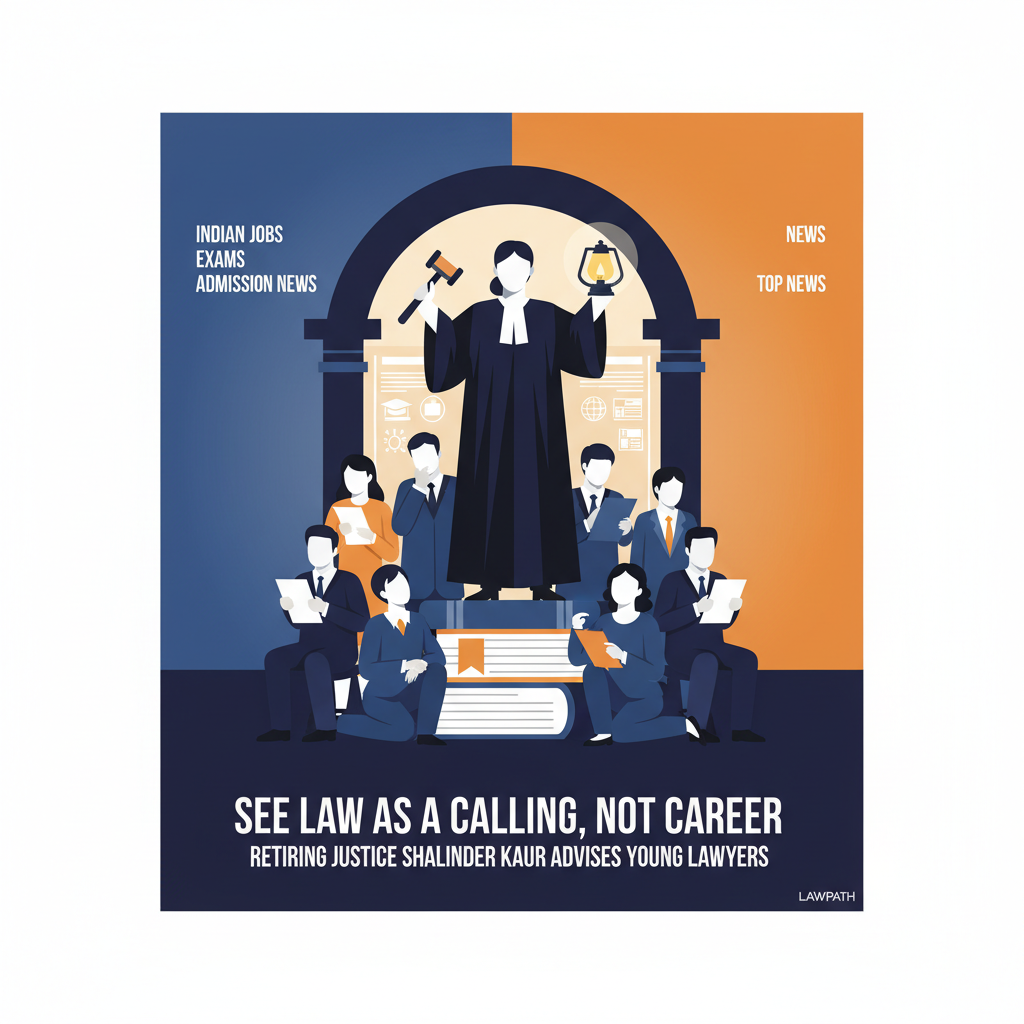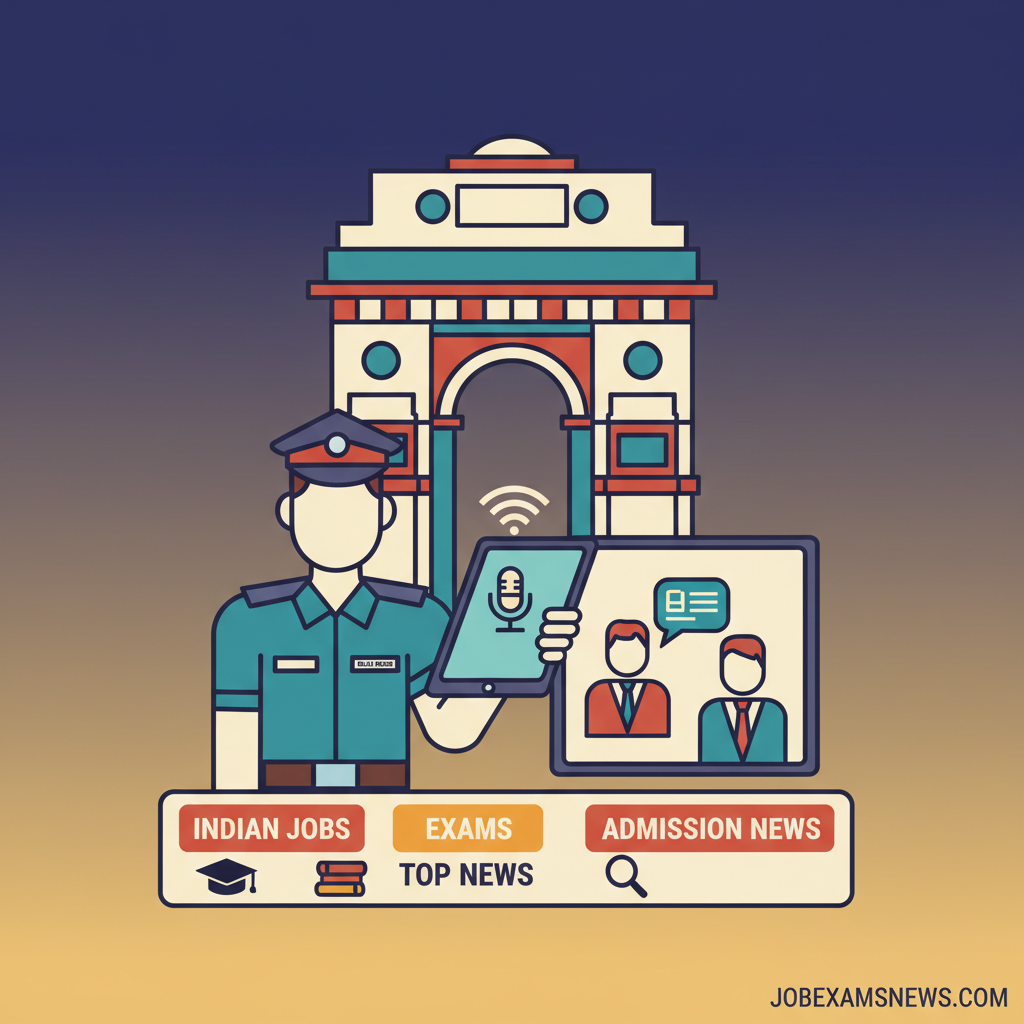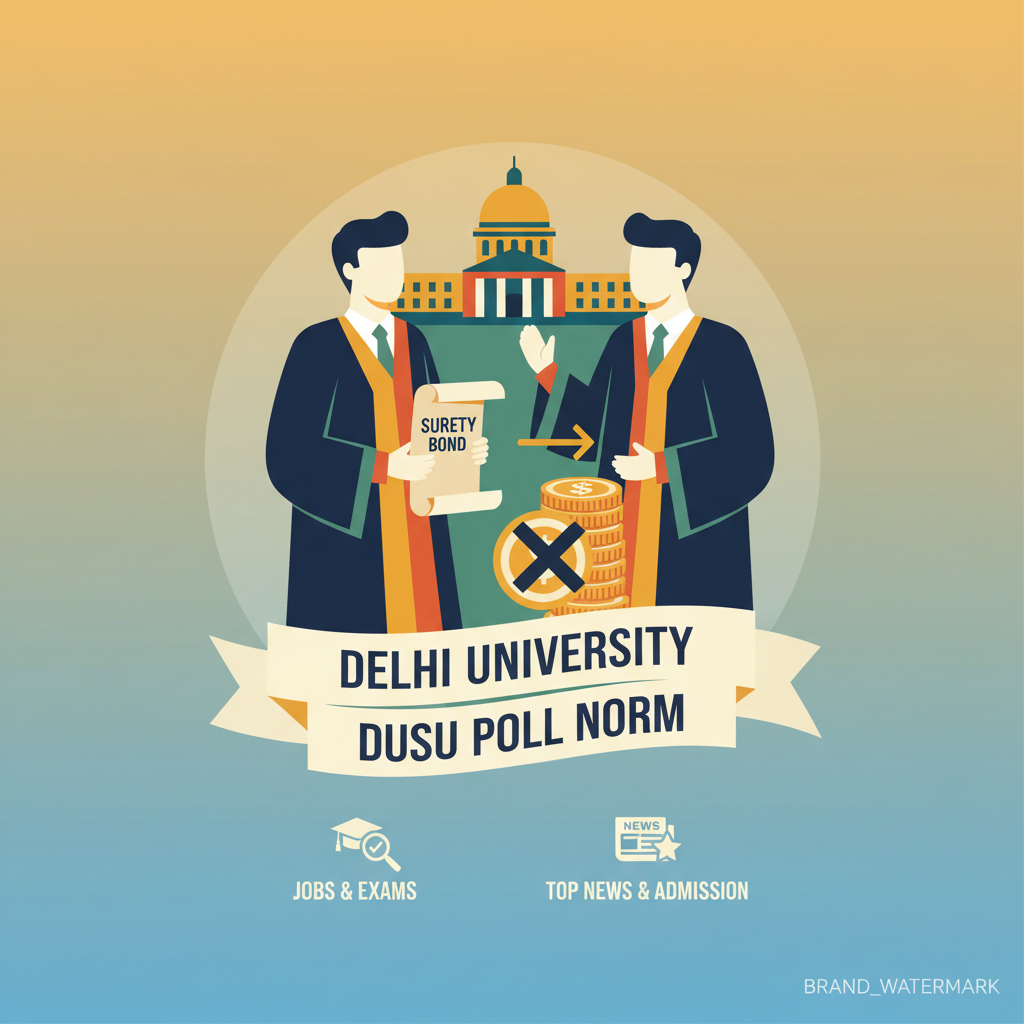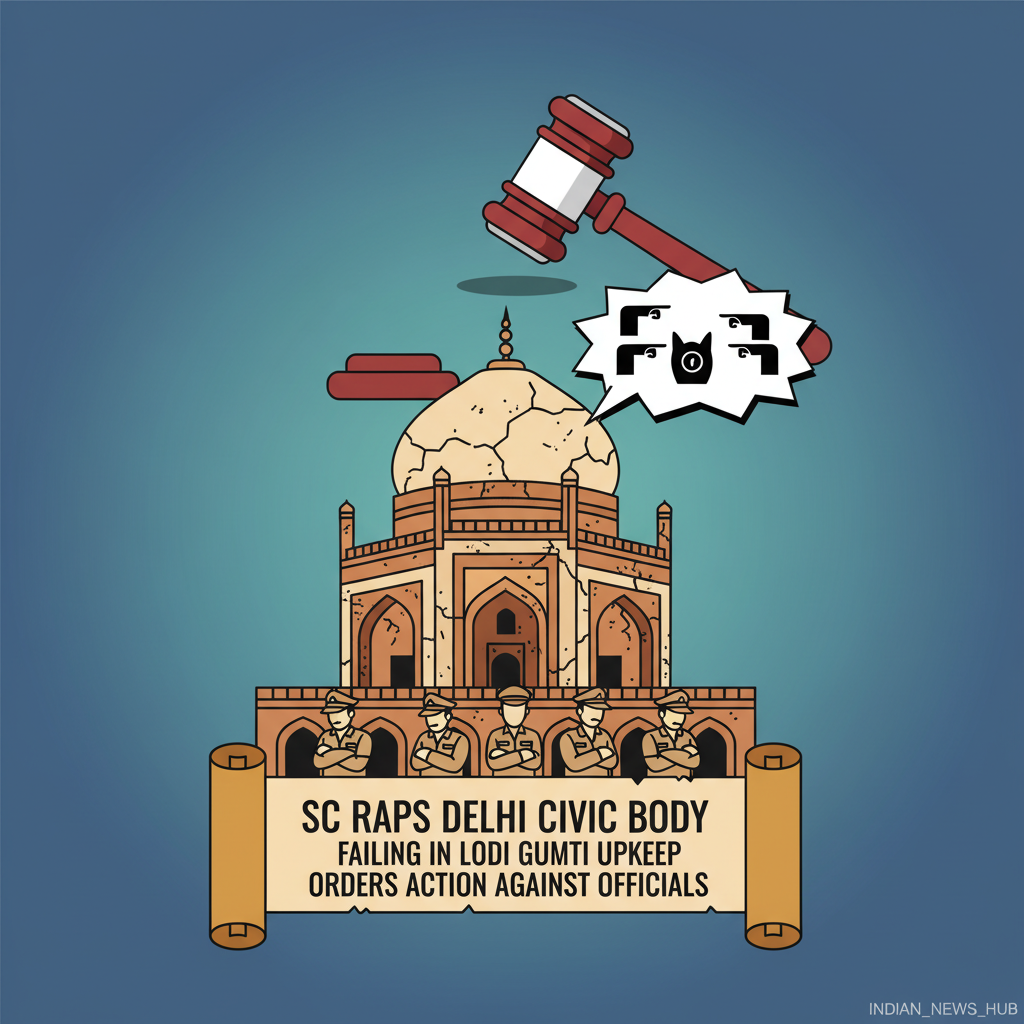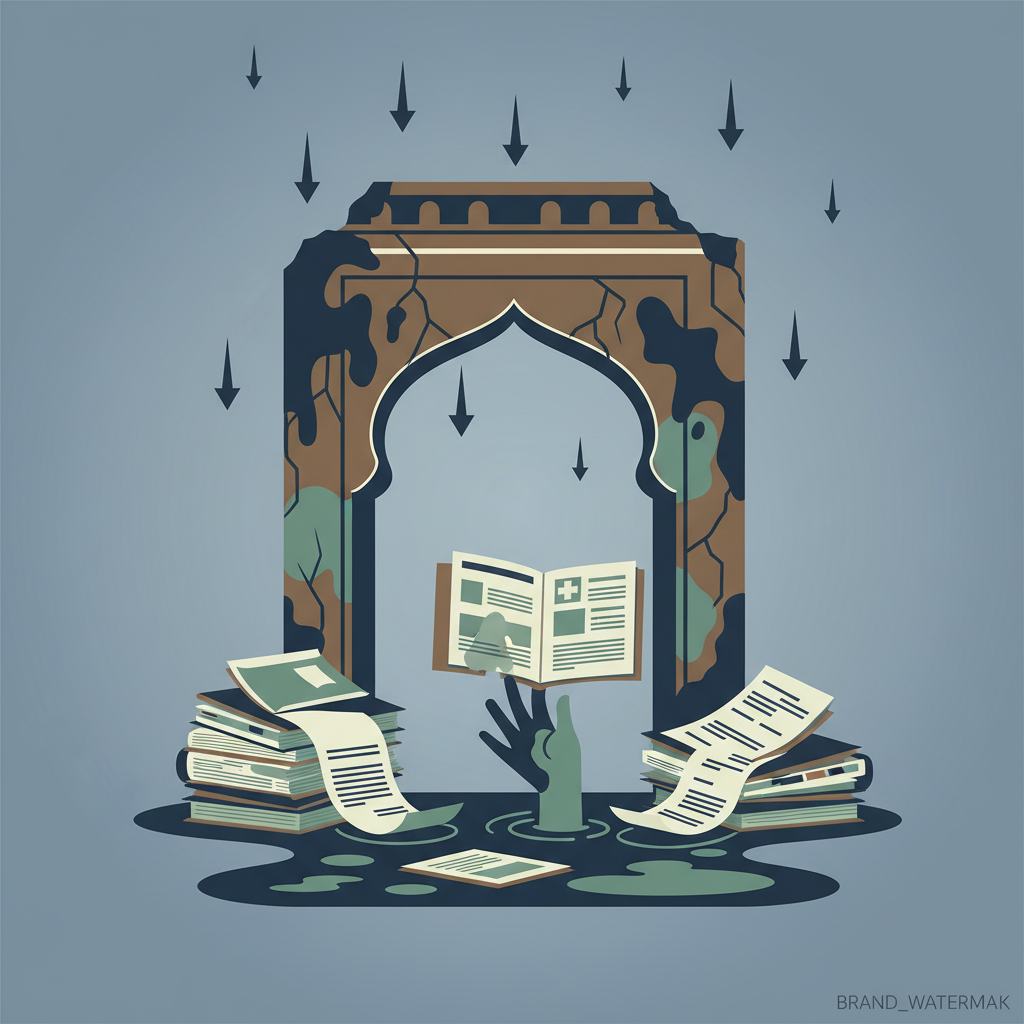Supreme Court to Review Plea Challenging Bombay High Court Ruling on Hijab Ban in Mumbai College
NEW DELHI, August 6, 2024 – The Supreme Court has scheduled a hearing for a plea challenging the Bombay High Court’s decision to uphold a ban on wearing hijab, burqa, and naqab at N G Acharya and D K Marathe College in Mumbai. This critical hearing will address whether such a ban infringes upon students’ fundamental rights.
- Petitioners, including Zainab Abdul Qayyum, represented by lawyer Abiha Zaidi.
- Challenge to the Bombay High Court ruling upholding a dress code ban on religious garments.
- N G Acharya and D K Marathe College, Mumbai.
- Supreme Court to list the plea soon; hearing expected to commence on Wednesday.
- Petitioners argue the ban violates their fundamental rights.
- Supreme Court assigned a bench for the matter, set to review the Bombay High Court decision.
Bombay High Court Ruling
On June 26, 2024, the Bombay High Court upheld the college’s decision to impose a dress code banning hijabs, burqas, and naqabs. The court ruled that such regulations did not violate the fundamental rights of the students, stating that a dress code is essential for maintaining discipline within educational institutions.
Petitioners’ Arguments
The students, in their second and third years of a science degree course, claim the dress code infringes on their right to practice religion, right to privacy, and freedom of choice.
They argue that the college’s actions are “arbitrary, unreasonable, bad-in-law, and perverse.”
Despite these arguments, the High Court maintained that the dress code did not violate Articles 19(1)(a) (freedom of speech and expression) and 25 (freedom to practice religion) of the Indian Constitution.
Supreme Court Involvement
Chief Justice D Y Chandrachud, along with Justices JB Pardiwala and Manoj Misra, has taken note of the urgent need to address the matter. The appeal is scheduled for an expedited hearing due to upcoming unit tests in the college. The Supreme Court’s review will revisit the High Court’s stance on whether the dress code is a reasonable restriction and if it aligns with the fundamental rights guaranteed by the Constitution.
Major Developments
- October 13, 2022: A two-judge bench of the Supreme Court delivered opposing verdicts on the hijab controversy in Karnataka. Justice Hemant Gupta upheld the ban, while Justice Sudhanshu Dhulia ruled against it.
- June 26, 2024: Bombay High Court upheld the dress code ban at N G Acharya and D K Marathe College.
- Upcoming: Supreme Court hearing to reassess the legitimacy of the dress code in relation to constitutional rights.
Quotes and Reactions
Lawyer Abiha Zaidi, representing the petitioners, emphasized the urgency of the matter, noting that unit tests are imminent. She expressed hope that the Supreme Court would recognize the fundamental rights at stake and overturn the High Court’s decision.
The Chembur Trombay Education Society, which administers the college, defended the dress code, arguing it is a necessary measure to maintain discipline and uniformity among students.
The Supreme Court’s forthcoming hearing on the plea against the hijab ban at a Mumbai college represents a critical juncture in balancing institutional discipline with religious freedoms. The outcome will not only impact the petitioners but also set a precedent for similar cases across the country. This ruling will clarify the extent to which educational institutions can regulate dress codes and how these regulations align with constitutional protections of religious practices.
For further details and updates on this case, visit the Supreme Court of India’s official website
News:
- Miranda House Increases Hostel Fees by Rs 6,000 Per Semester Amid Inflation; SFI Opposes
- Galgotias University Hosts Cutting-Edge Microwave Remote Sensing Space Exhibition with ISRO
- IIT Guwahati Researchers Develop Microfluidic System to Boost Crop Yields by Optimizing Root Nutrient Absorption
- Anant National University Launches 24/7 Medical Services for On-Campus Healthcare

